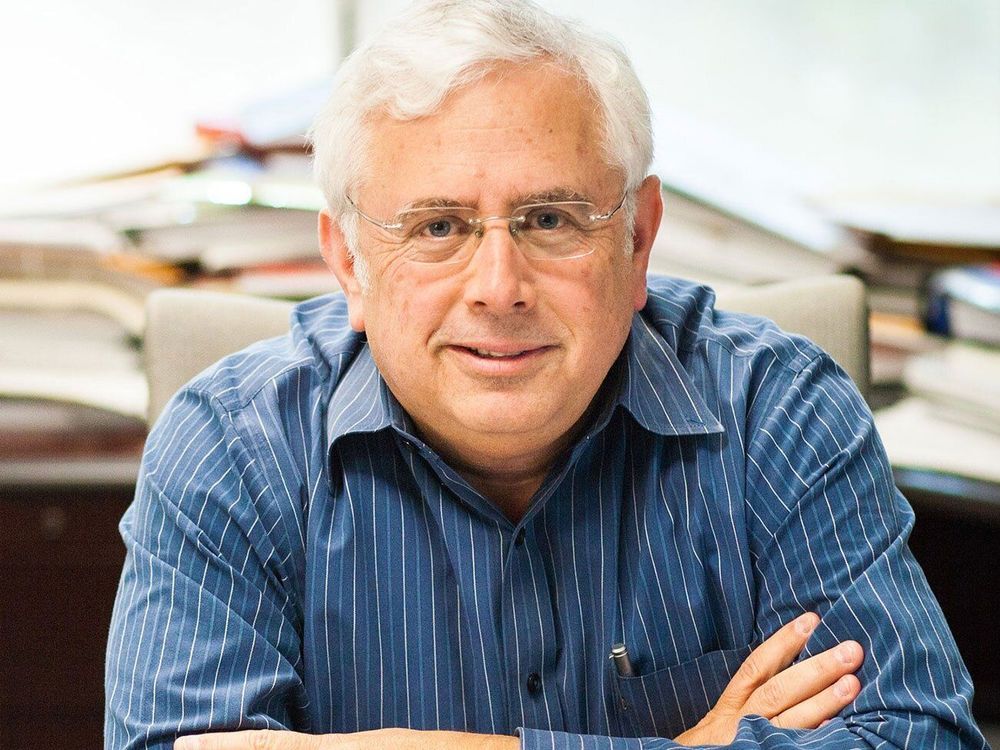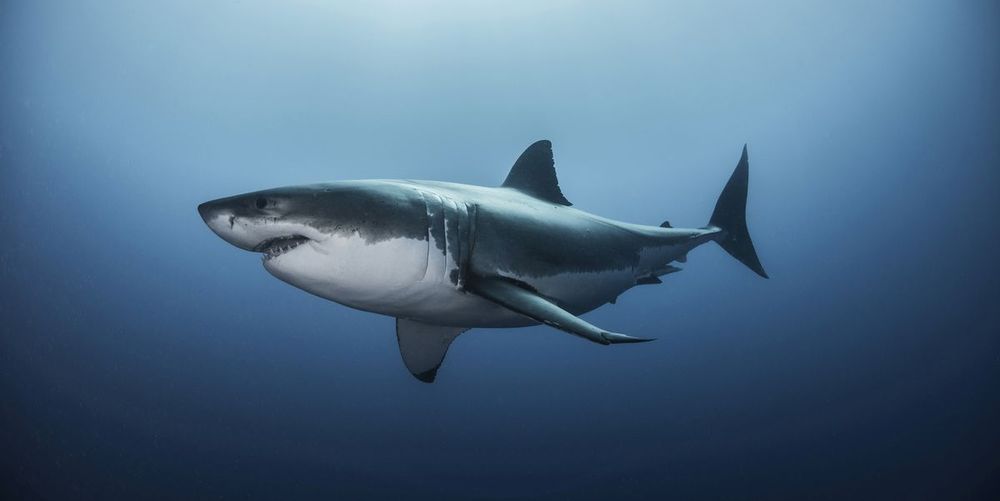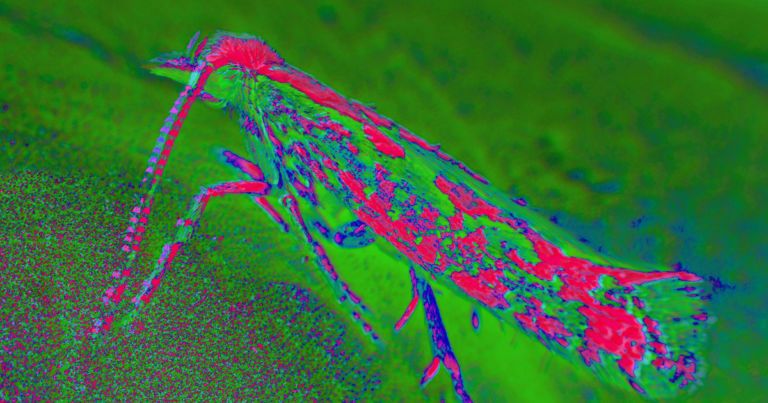Wow… hmmm.
Scientists at Sanford Burnham Prebys Medical Discovery Institute have shown that two prebiotics, mucin and inulin, slowed the growth of melanoma in mice by boosting the immune system’s ability to fight cancer. In contrast to probiotics, which are live bacterial strains, prebiotics are “food” for bacteria and stimulate the growth of diverse beneficial populations. The study, published today in Cell Reports, provides further evidence that gut microbes have a role in shaping the immune response to cancer, and supports efforts to target the gut microbiome to enhance the efficacy of cancer therapy.
The research specifically opens new avenues to address important unmet clinical needs in melanoma, as it highlights the possible impact of prebiotics on tumor growth control and therapy resistance.
“Earlier studies have demonstrated that prebiotics limit tumor growth, but until now the mechanism by which they do so has been unclear,” says Ze’ev Ronai, Ph.D., professor in Sanford Burnham Prebys’ Tumor Initiation and Maintenance Program and senior author of the study. “Our study shows for the first time that prebiotics limit cancer growth by enhancing anti-tumor immunity. The study supports further exploration of the potential benefits of prebiotics in treating cancer or augmenting current therapies.”









